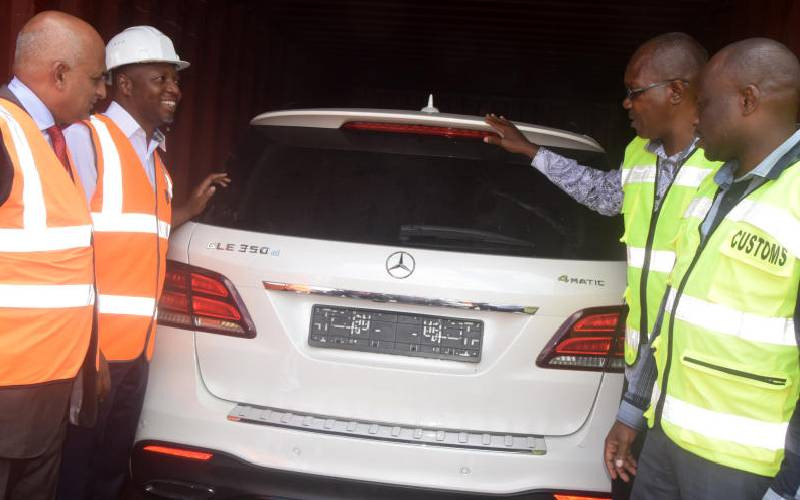×
The Standard e-Paper
Kenya’s Boldest Voice

The Kenya Bureau of Standards (Kebs) has flagged a transnational car theft ring that has ties to Asian, African and European networks that ship stolen luxury vehicles to Kenya for huge profits.
Kebs, which has sought the assistance of the global police agency, Interpol, in tracking down the criminal cartels linked the cross-border criminal car theft syndicate to the four regions covered by one of the international firms mandated to inspect the vehicles.